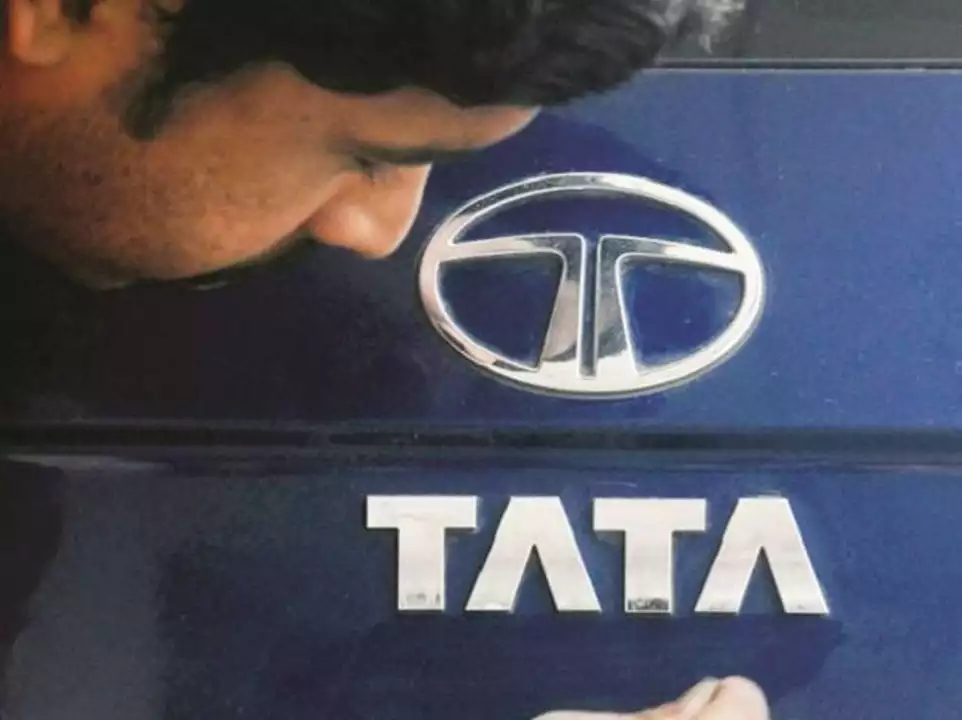Car Brands: What You Need to Know
When you think about buying a car, the brand name is often the first thing that pops into your head. Whether it’s a trusted household name or a hidden gem, the brand tells you a lot about reliability, style, and price. In this guide we break down the basics, point out some low‑key choices, and share a few fun tidbits you might not have heard before.
Big Names vs. Low‑Key Brands
Big names like Toyota, Ford, and BMW dominate the headlines. They have huge dealer networks, lots of parts available, and a long track record. That makes them a safe bet for most buyers. But don’t overlook the low‑key brands that often deliver great value. Brands such as Subaru, Kia, and even some older American names like Dodge still offer solid performance at a lower cost. They may not have the flash of a supercar, but they usually come with good warranties and lower insurance rates.
If you’re on a tight budget, start by listing what matters most – fuel efficiency, space, or tech features – and then match those needs to a brand that excels there. For example, Honda is known for fuel‑savvy models, while Volvo focuses on safety and Scandinavian design. A quick test drive can reveal whether a brand’s feel matches your style.
Why Some Brands Appear in Movies
Ever noticed villains driving sleek German cars? Filmmakers love brands like Mercedes, Audi, and BMW because they instantly signal wealth, power, and a hint of danger. It’s a visual shortcut that the audience picks up without a word of dialogue. While it’s cool to see these cars on screen, remember that the real world performance might differ from the Hollywood hype.
On the flip side, you’ll also see quirky brand cameos—like a Toyota getting crushed in an action scene—that remind us cars are just tools for storytelling. Those moments can spark interest in a brand, but they’re often dramatized for effect.
Choosing a car brand isn’t just about logo recognition; it’s about matching the brand’s strengths to your daily needs. Look at warranty length, resale value, and how easy it is to find a mechanic. Do a quick online search for common problems—like radiator issues or battery wear—so you know what you might face down the road.
Finally, keep an eye on the future. Electric models from traditional brands and new players are reshaping the market fast. Staying informed now means you won’t get surprised by a sudden shift in what’s considered a “good” car brand.
Whether you go for a well‑known name or a low‑key contender, the key is to test drive, ask questions, and trust what feels right for you. Happy hunting!
How many car brands does tata own?
- Thomas O'Reilly
- May 6 2023
- 0 Comments
As a car enthusiast, I recently looked into how many car brands Tata, the Indian multinational conglomerate, actually owns. To my surprise, they have quite an impressive portfolio, owning major stakes in several well-known brands. Currently, Tata Motors owns three primary car brands - Tata, Jaguar, and Land Rover. They acquired Jaguar and Land Rover from Ford back in 2008, which has significantly expanded their global presence. It's fascinating to see how Tata has managed to successfully operate these three distinct brands, catering to a range of customers and markets.
View More